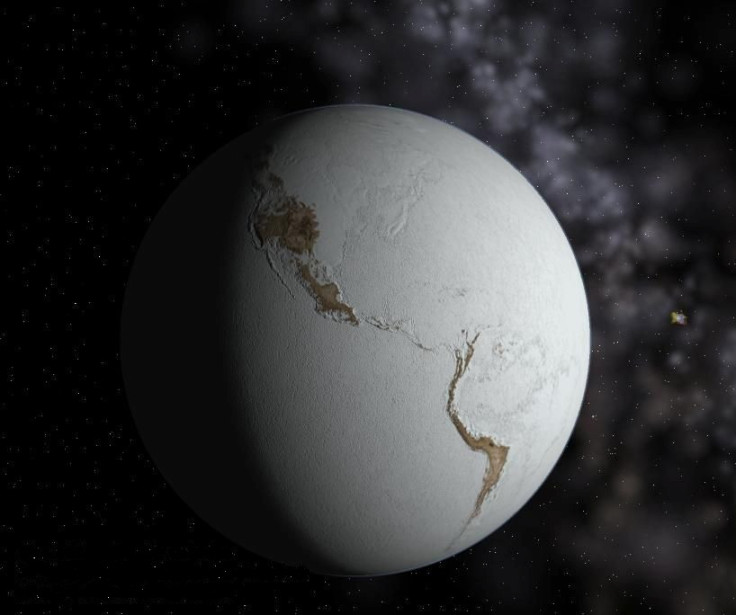Scientists solve one of biology's greatest mysteries - how the first animals appeared on Earth
The rise of algae triggered this major ecological transition.
How the first animals appeared on Earth is arguably one of the greatest mysteries in the field of Earth science and biology. It was one of the most pivotal moments in the history of our planet, one without which we wouldn't exist today.
Scientists have long attempted to understand the transition from a world dominated by a bacterial ecosystem to world dominated by more complex life, with the emergence of Earth's first animals.
In a study now published in the journal Nature, a team from the Australian National University argues that the rise of algae triggered this major ecological transition.
It all began about 700 million years ago when Earth went through a dramatic event known as 'Snowball Earth'.
"The Earth was frozen all over for 50 million years. At the equator, the ocean was frozen two kilometres deep and there were huge glaciers. When the 'Snowball' melted, nutrients were moved with meltwater into the oceans, changing Earth's ecosystems forever," lead researcher Associate Professor Jochen Brocks said in a statement.
In the research, scientists looked at ancient sedimentary rocks from central Australia associated with the period just after the melting of Snowball Earth. According to them, these rocks hold the key to understanding the major transition from bacteria to more complex forms of life.

"We crushed these rocks to powder and extracted molecules of ancient organisms from them," Brocks explained.
The ancient molecules they identified tell the story of life on Earth just after Snowball Earth. The researchers say there are clear signs of a revolution of ecosystems 650 million years ago.
The molecules in the rocks indeed suggest that many nutrients ended up in the ocean as a direct result of deglaciation. This led to the rise of algae, revolutionising food chains and creating complex ecosystems.
"The extremely high levels of nutrients in the ocean, and cooling of global temperatures to more hospitable levels, created the perfect conditions for the rapid spread of algae," Brocks concluded.
"These large and nutritious organisms at the base of the food web provided the burst of energy required for the evolution of complex ecosystems, where increasingly large and complex animals, including humans, could thrive on Earth."
© Copyright IBTimes 2024. All rights reserved.





